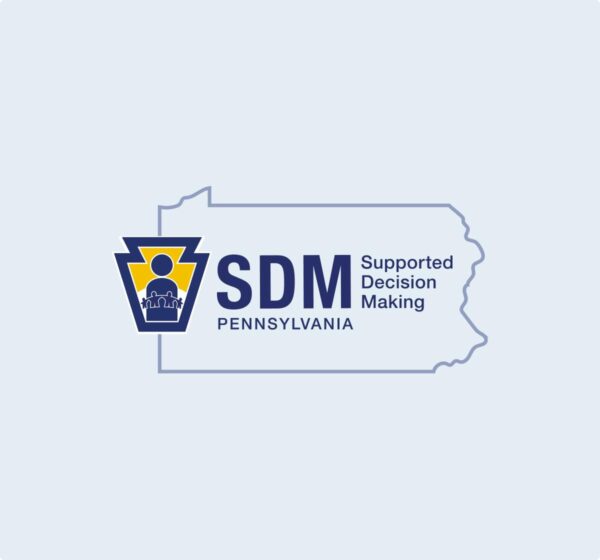Healthcare providers are tasked with a wide variety of care for their patients. Overseeing all of these treatments and care options is the consent and respect they have from those they serve. Yet when it comes to people with disabilities – often their say in their own healthcare is overshadowed by the voices of those around them.
As a Healthcare provider, you are in a unique position to help those with Disabilities utilize the fullness of their decision-making skills. Yet you may find that this is a challenging field to navigate as you work with people are under guardianship, who have a POA, or utilizes the Supported Decision Making process.
Understanding the difference between these options is important for medical professionals when the capacity of a patient is called into question.
Healthcare providers treat individuals from diverse backgrounds with a range of abilities. This leaves them in the unique position of both providing the best care possible while respecting their patient’s autonomy and dignity of choice.
This can be more complicated when a patient with a disability is under guardianship, has a POA, or utilizes the Supported Decision Making process.
Understanding the difference between these options is important for medical professionals when the capacity of a patient is called into question.
–
As a X professional, you do these things. They serve a diverse groups. When it comes to disabilties – this can be complicated.
There are already porsedurces in place in your profession. But a newer opetion, SPDM, is upcoming. But there arn’t many resources in place. SDM is good for reasons. Here are some related to X prfession.


